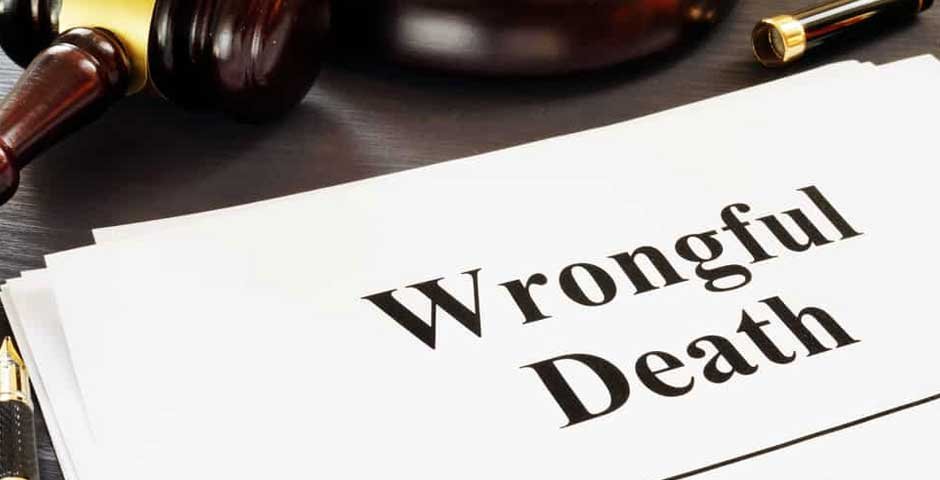In the face of the unthinkable, families grappling with losing a loved one often confront another challenging task – seeking legal justice. This process, led by wrongful death attorneys, involves entering the intricate world of wrongful death lawsuits. A legal path designed to compensate for the loss that occurred due to another’s negligence or misconduct, wrongful death lawsuits can offer a sense of justice and financial stability.
However, the inherent complexity of these cases often necessitates an understanding of their fundamental nature and various considerations. Let’s delve deeper into the core aspects that encompass wrongful death lawsuits.
Understanding the Concept
Wrongful death lawsuits primarily serve as a legal recourse for the deceased individual’s close family members and dependents. In these lawsuits, the party at fault can be held accountable for their actions or inaction that led to the unfortunate event.
Wrongful death can occur in various scenarios: medical malpractice, car accidents, work-related incidents, or even due to criminal behavior. Each of these instances necessitates a comprehensive examination of the incident’s circumstances. To determine liability, it’s crucial to establish that the accused party had a duty of care towards the deceased, they breached this duty, and this breach directly resulted in the death.
Eligibility and Compensation
Typically, immediate family members like spouses, children, and parents of unmarried children are eligible to file a wrongful death lawsuit. In some states, distant family members, life partners, and financial dependents may also be able to pursue a claim. However, the specifics can vary widely depending on the laws of your jurisdiction, emphasizing the importance of seeking qualified legal advice.
Compensation in wrongful death lawsuits is complex, as it seeks to quantify the unquantifiable – the loss of a loved one. It is usually determined based on several factors, such as the deceased’s earnings, the deceased’s savings, the degree of negligence, and the survivors’ financial suffering. It can cover everything from funeral expenses and loss of companionship to potential earnings the deceased would have made in their lifetime. Again, calculating and allocating these damages can be complicated, requiring the expertise of seasoned legal professionals.
Legal Representation and Processes
Wrongful death lawsuits are complex and often demand expert legal counsel. Experienced wrongful death attorneys can guide the family through the legal process, ensuring all necessary documentation is properly filed and deadlines are met. They can help establish the elements of a wrongful death claim and gather the requisite evidence. Their expertise extends to negotiating a fair settlement or presenting a strong case in court if a trial becomes necessary.
It’s essential to note that there’s a specific time frame, known as the statute of limitations, within which a wrongful death lawsuit must be filed. This period varies by state, so acting promptly to protect your legal rights is imperative. Any delay could risk the opportunity for rightful compensation.
Conclusion
Wrongful death lawsuits offer a pathway for families to seek justice for their lost loved ones. However, the journey is often fraught with legal complexities and emotional challenges. Comprehensive understanding and expert legal guidance are key to navigating this delicate process effectively. Though the pain of loss cannot be undone, a successful lawsuit can provide the financial stability needed to rebuild lives. Remember, seeking expert advice is essential to ensure the best possible outcome in these situations. Navigating this legal terrain requires patience, perseverance, and competent representation.



